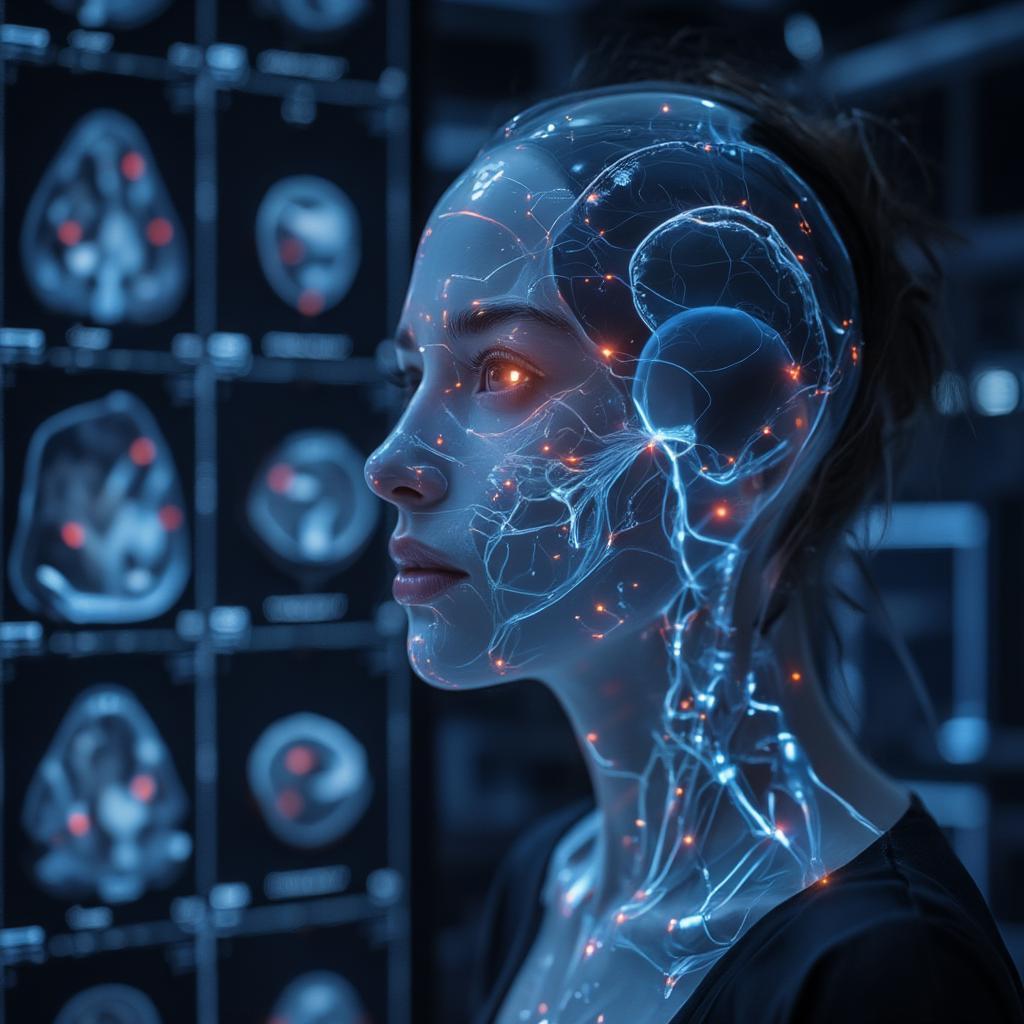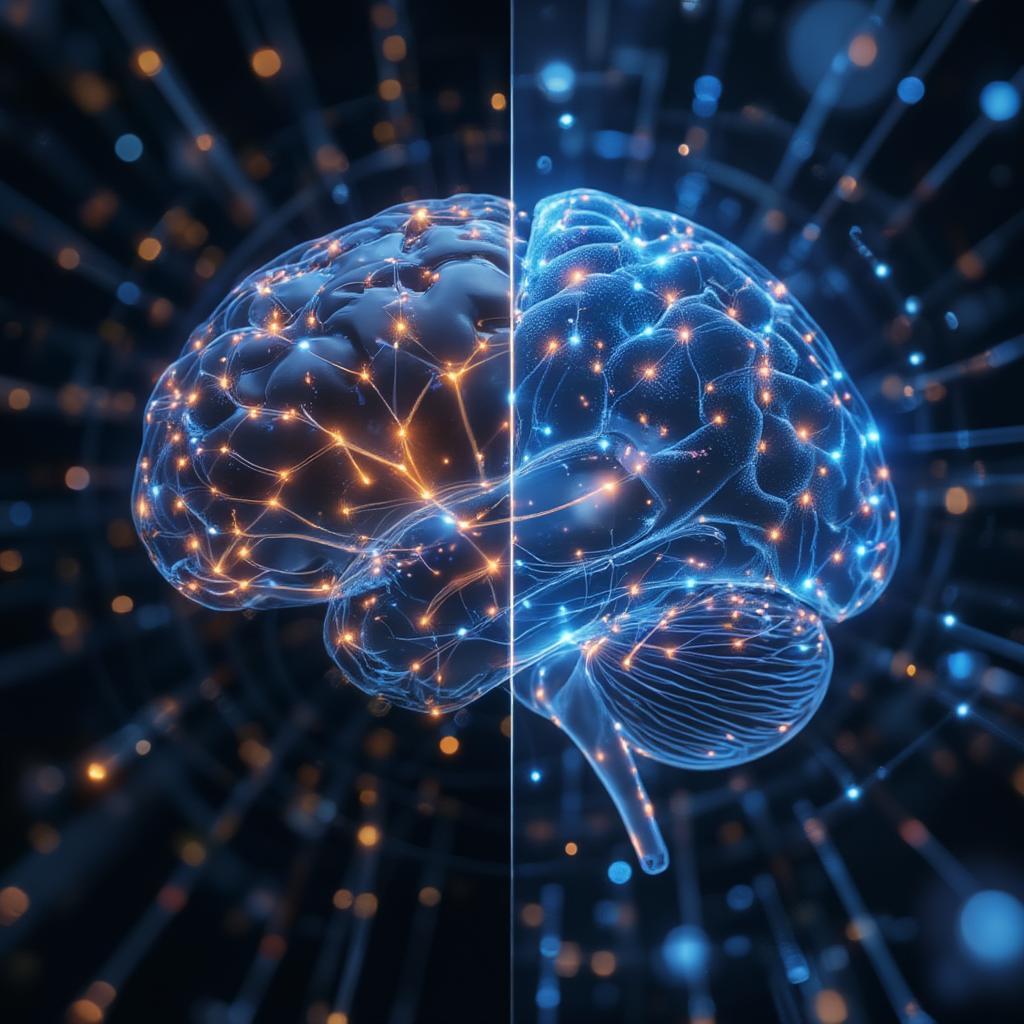Open Source GPT: Democratizing AI or Opening Pandora’s Box?

The buzz around Generative Pre-trained Transformers (GPTs) is undeniable. They’ve revolutionized how we interact with AI, from crafting compelling content to coding complex software. But, what happens when these powerful models become freely available? This exploration dives into the world of Open Source Gpt, dissecting its promises and pitfalls, and understanding its implications for the future. Is it a move toward democratized AI, or are we inadvertently releasing a force we might not be able to control?
The shift from proprietary GPT models to open source GPT initiatives presents a fascinating landscape. We’ve become accustomed to accessing AI through controlled platforms, but with open source alternatives, the possibilities and challenges multiply. It’s not just about access; it’s about control, customization, and crucially, responsibility. The idea that anyone could potentially fine-tune and deploy their own version of a GPT model is both exhilarating and a little frightening. Imagine the creativity it could unleash, but also the potential for misuse. The promise of accessible AI for everyone is significant, but we must navigate this new frontier with caution and foresight.
The Allure of Open Source GPT
What exactly is it that makes open source GPT so compelling? Firstly, the idea of open source in technology carries a powerful appeal. Transparency, community collaboration, and the potential for innovation without the constraints of corporate control are all attractive features.
- Accessibility: Open sourcing means that these advanced models are no longer confined to a select few. Researchers, small businesses, and even individual developers can now explore and utilize them.
- Customization: Proprietary GPT models often come with limited customization options. Open source versions allow developers to fine-tune models for specific tasks, enhancing efficiency and performance.
- Transparency: The ability to inspect the code and model parameters fosters greater understanding and helps uncover potential biases or vulnerabilities.
- Innovation: Collaboration and community contributions tend to accelerate the pace of innovation, leading to rapid advancements and the development of novel applications.
These factors paint a picture of a more democratic AI landscape, where innovation isn’t limited to the boundaries of large tech companies. But with this freedom comes a set of equally pressing ethical considerations. To understand the broader implications, it is helpful to explore the challenges.
The Ethical Tightrope: Navigating the Risks
The promise of open source GPT isn’t without its caveats. The ease of access also implies a more significant risk of misuse. Consider the following ethical concerns:
- Misinformation: The ability to generate convincing text can be exploited to create and spread disinformation and propaganda, exacerbating existing societal challenges.
- Deepfakes: The accessibility of AI tools could lead to a proliferation of deepfakes, making it harder to discern truth from fabrication and eroding public trust in media.
- Malicious Use: Open source GPTs can be employed for a range of malicious purposes, including crafting phishing emails, generating fraudulent content, and even impersonating individuals online.
- Bias Amplification: If the models used to develop open source GPT models are based on biased data sets, these biases can be replicated and even amplified, exacerbating issues of inequality and discrimination.
- Lack of Accountability: The decentralized nature of open source means that pinpointing responsibility in cases of misuse can be incredibly complex. Who should be held accountable when a widely available, modifiable tool is used for malicious purposes?
These risks demand a nuanced approach. It’s not about rejecting open source AI outright but rather about implementing safeguards and fostering a culture of responsible development. For example, “As a leading researcher in AI ethics, I believe transparency is crucial,” says Dr. Anya Sharma, a professor specializing in AI and society. “However, open access without guardrails may lead to unintended consequences. We need collaborative efforts between researchers, developers, and policymakers to ensure that this technology serves humanity, not the other way around.”
Finding the Right Path: Balancing Innovation and Ethics
So, how do we navigate this complex landscape and make sure that open source GPT becomes a force for good rather than a vector of harm? Here are a few directions to consider:
Promoting Responsible Development Practices
Developers should adhere to robust ethical frameworks and data governance principles. They must prioritize transparency, test for bias, and implement mechanisms for monitoring and reporting misuse. The goal is not to curtail the power of the technology but to channel it responsibly.
Educating the Public
Public awareness is essential. People need to understand both the benefits and risks associated with these models, making them more resilient to misinformation and capable of evaluating AI-generated content critically. Educating people about the power of AI, as well as its limitations, is very important. Similar to how learning about open ai demo can be the first step to comprehending how AI is being used today.
Establishing Regulatory Frameworks
Governments need to introduce flexible yet effective regulations. These must strike a delicate balance, fostering innovation while ensuring accountability and preventing malicious use. For example, regulations need to be able to address the speed of innovation, as it is a moving target. “The key is to find the sweet spot where regulation guides, not stifles, innovation,” suggests Marcus Chen, a tech policy analyst. “We need policies that are adaptable and future-proof. The future of AI is not just about the technology itself but the ethical framework that supports it.”
Fostering Interdisciplinary Collaboration
Finding solutions to the challenges of open source GPT requires the collaborative effort of experts from diverse fields: computer scientists, ethicists, policymakers, and educators. It’s not just a technical challenge but also a social and political one.
{width=1024 height=1024}These collaborative efforts are critical in shaping the future and guiding development in this new, open-source environment. By embracing the spirit of collaboration, we can ensure that this power is harnessed responsibly.
What Questions Should We Be Asking About Open Source GPT?
To better understand the implications of open source GPT, it’s crucial to delve deeper into the practical questions surrounding its use. Here are a few examples:
How Can we Ensure Model Safety and Security?
The security of open source models is paramount. What steps can be taken to minimize the risk of model hijacking or adversarial attacks?
How Do We Tackle Misinformation Created By Open Source GPT?
What detection mechanisms and mitigation strategies are needed to combat the spread of AI-generated misinformation?
What kind of safeguards need to be built into these models?
In order to better safeguard the use of this technology, what type of barriers and monitoring needs to be implemented to prevent abuse?
How do we ensure equity and inclusion in AI?
How can we use open source to promote greater inclusivity and equity in access to technology? For example, are there opportunities to create AI solutions specifically for underserved communities?
What is the long-term impact of this technology on employment?
As AI continues to advance, what will be the effect on the job market? What policies are needed to help people adapt to these changes? There is definitely a concern regarding ai becomes self aware and how it might impact society, and we need to begin these conversations.
By addressing these questions, we can develop a more comprehensive understanding of the complex dynamics surrounding open source GPT.
The Road Ahead: A Collective Responsibility
The emergence of open source GPT is a pivotal moment in the history of AI. It holds the potential to unlock tremendous innovation and level the technological playing field. But it also presents serious challenges, demanding that we approach its development and deployment with a sense of shared responsibility and ethical mindfulness. “The future is not set in stone,” says Dr. Elena Ramirez, an AI ethics advisor. “The choices we make today will determine the kind of future we inhabit. Open-source AI is an opportunity to create a more just and accessible world, but we must be vigilant against the risks.”
{width=1024 height=1024}As technology continues to advance, our ability to adapt and navigate these changes will depend on how we balance progress with ethics. The path forward is not just about advancing technology but ensuring that we do it in a way that benefits everyone. The journey of open source GPT is one that requires not only technical proficiency but also a deep understanding of human values and the social impact of our innovations. This is a collective responsibility, and the choices we make today will define the future of artificial intelligence and its role in our society. By engaging in robust discussions, implementing meaningful safeguards, and fostering interdisciplinary collaborations, we can steer the development of open-source GPT toward a path that promotes a just and equitable future for all.




